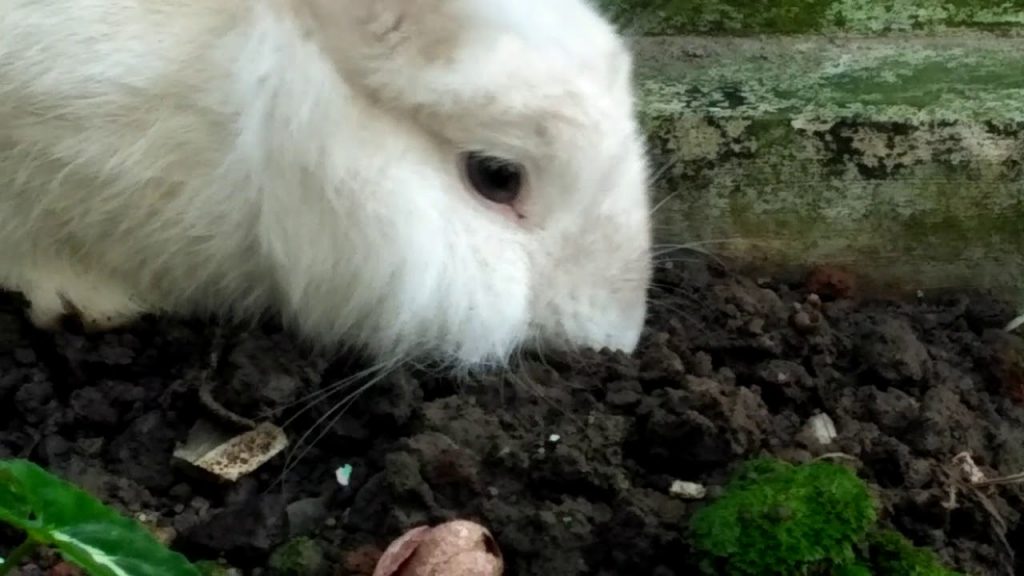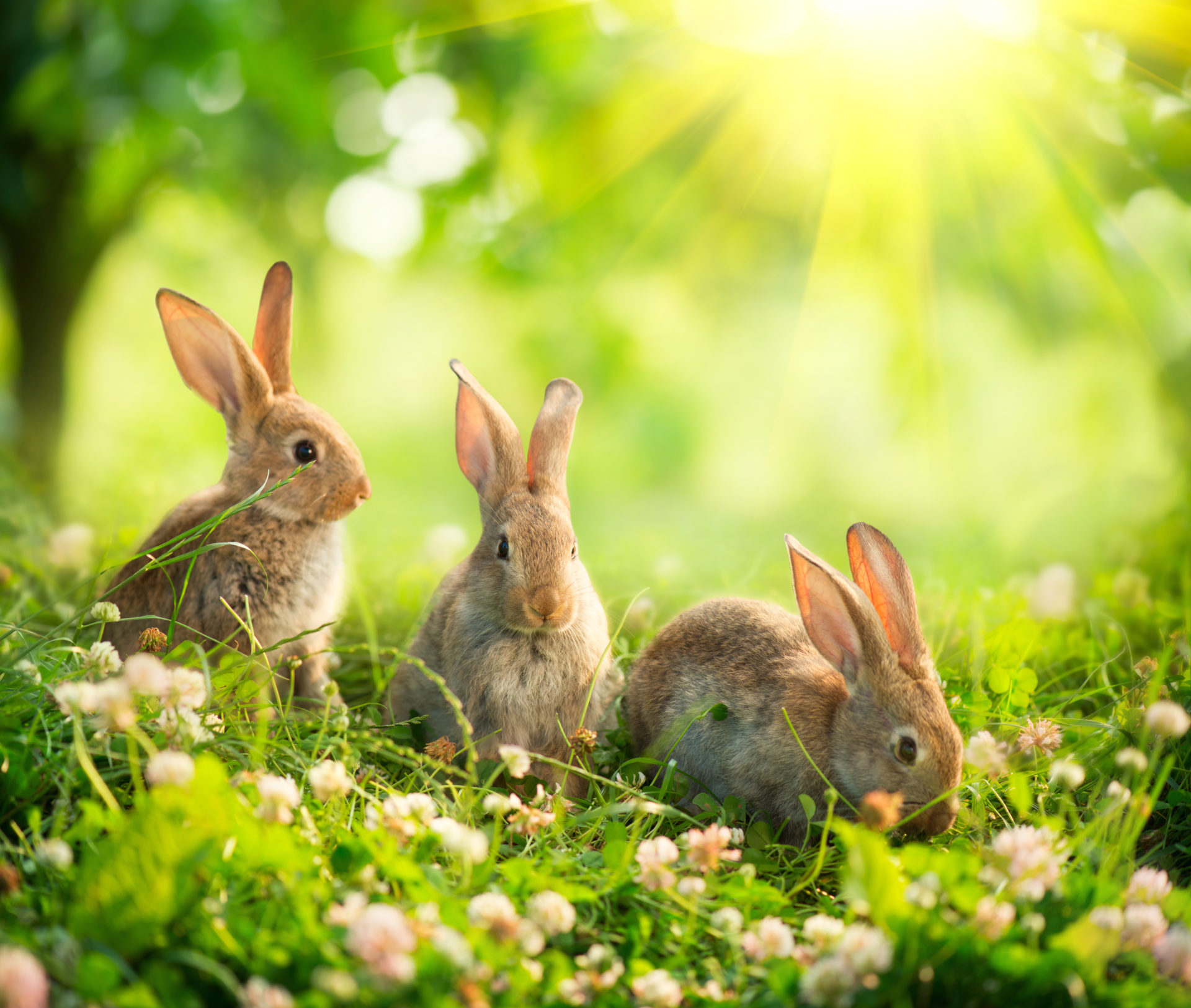
Rabbit Minerals | Best Food Nutrition Vitamins Details Guide
Minerals are required in much smaller quantities than other food nutrients but they are no less important than other food nutrients. Minerals are as important in rabbits as in human beings.
Rabbit Minerals
They are particularly important for pregnant and nursing does and growing young, for without an adequate supply of minerals serious troubles can arise and production will certainly be lowered.
Although several different minerals are required by the rabbit, those most likely to be deficient are calcium, phosphorus, sodium, and chlorine which later are found together as salt. To meet the maintenance requirements the ration must contain some small percentage of minerals but a higher level of at least 5% is required for pregnant and suckling does and growing young. The following account throws more light on rabbit minerals.

Calcium and Phosphorus
Rabbits absorb calcium and phosphorus from their diet very efficiently. Levels of calcium are regulated by rabbits. They regulate these levels by excreting excesses rather than limiting their absorption. This makes rabbit urine turn turbid. This stands among the reasons why rabbits have so much susceptibility to active vitamin D3. Vitamin D3 stimulates them not only to vigorously absorb more calcium but also to limit its excretion.
In surplus, this vitamin has been used as a poison for controlling the pest in rabbits. When the ratio between calcium and phosphorus is not in balance, problems are bound to occur. Urinary calcium loss is increased and the rate of growth and protein efficiency are restricted when phosphorus levels are low or unbalanced. Phosphorus is expensive and it is observed that many rabbit foods try to reduce the amount the feed carries or use a source of lower quality.
Other Rabbit Minerals
Other rabbit minerals are required as co-factors in enzymes that are involved in metabolic processes. It has been observed that their higher levels have added to the efficiency of protein and energy use in rabbits.

Thus, they favor better feed conversion ratios and increasing dressing percentages at the same time. A study made on the effects of added copper in rabbit food showed up an improvement in the feed conversion ratio, nutrient digestibility, and protein efficiency.
To achieve and maintain the appropriate levels of these key minerals it is required that they should be provided in an organic chelated form. Thus, they have an efficient absorption. This way they do not cause unwanted mineral interactions restricting the bioavailability of other trace minerals in rabbits.

A rabbit mineral supplement made of equal parts of salt, feeding bone flour and finely ground chalk is quite suitable, although if a small amount of fish meal is fed in the ration such a supplement is hardly necessary. There are also several proprietary brands of mineral mixtures. Mineral supplements may be added to grain which has been slightly damped immediately before feeding or incorporated in a wet or dry mash.
It is worth mentioning that an excess of minerals is likely to cause as much trouble as a deficiency. Rabbit Minerals play a very important role in keeping your pet rabbits in pink of health. If you are a keen and responsible owner of rabbits, you will pay proper attention to the sphere of rabbit minerals. Thus, it is imperative to have balanced mineral ratios in the diet of rabbits.
